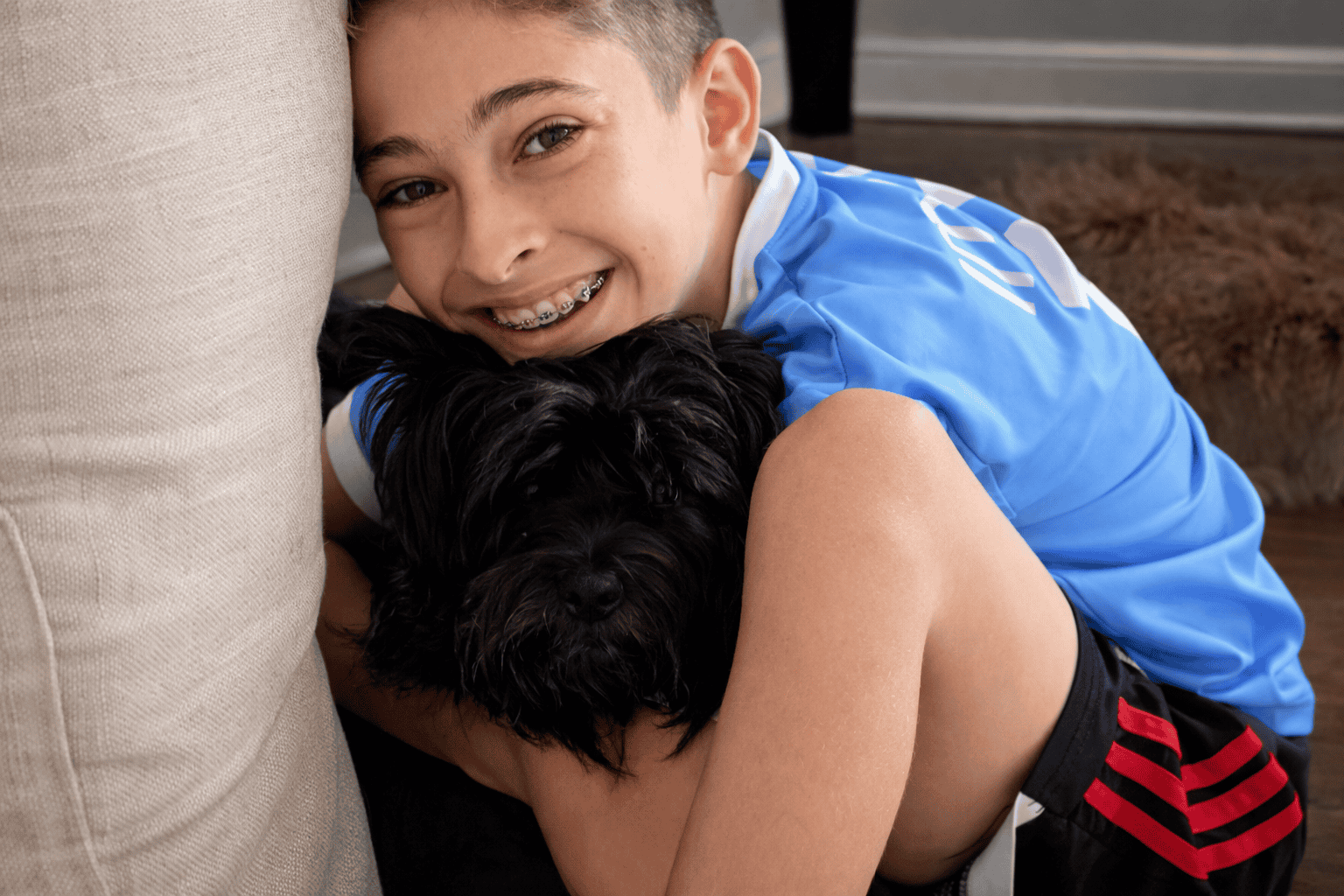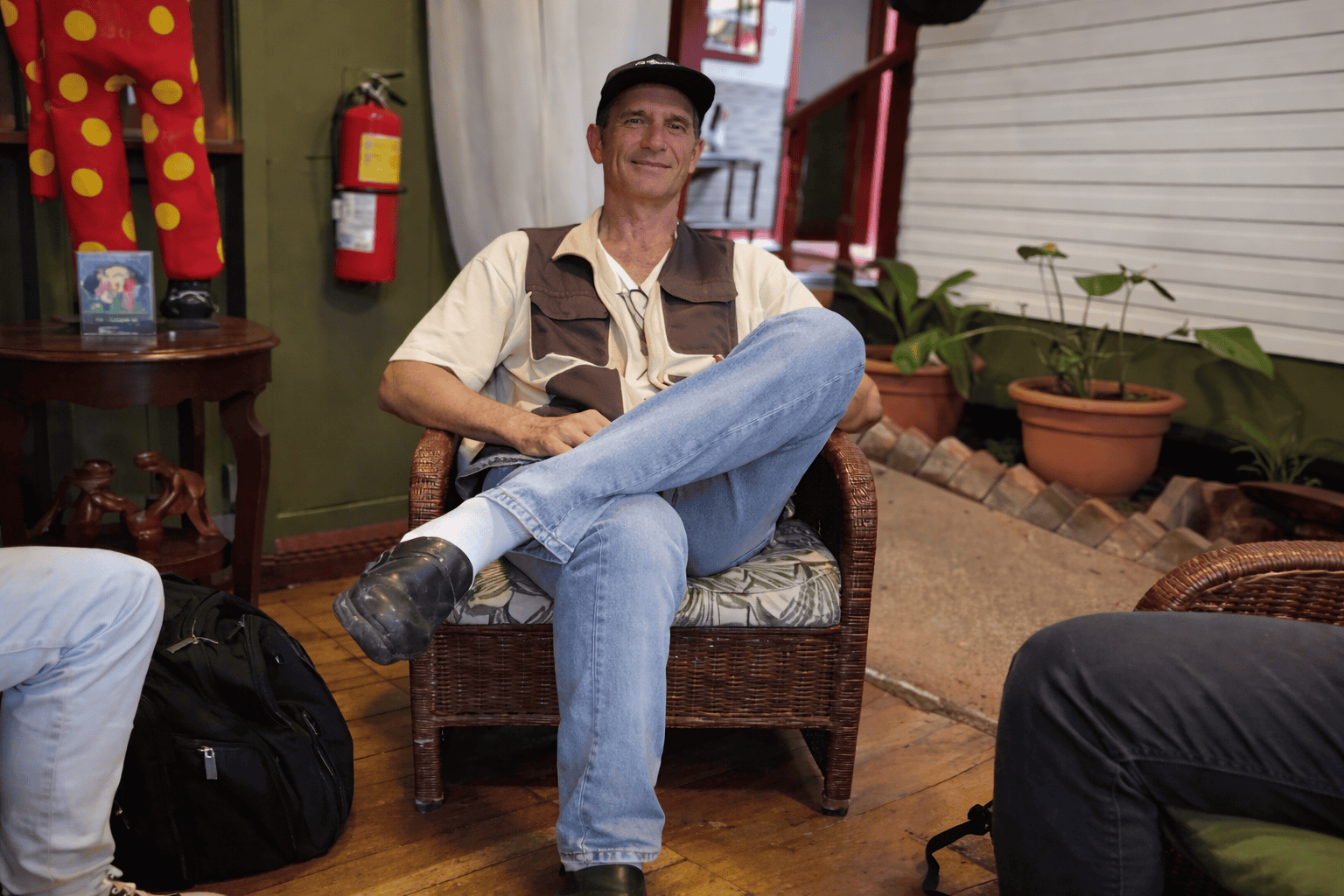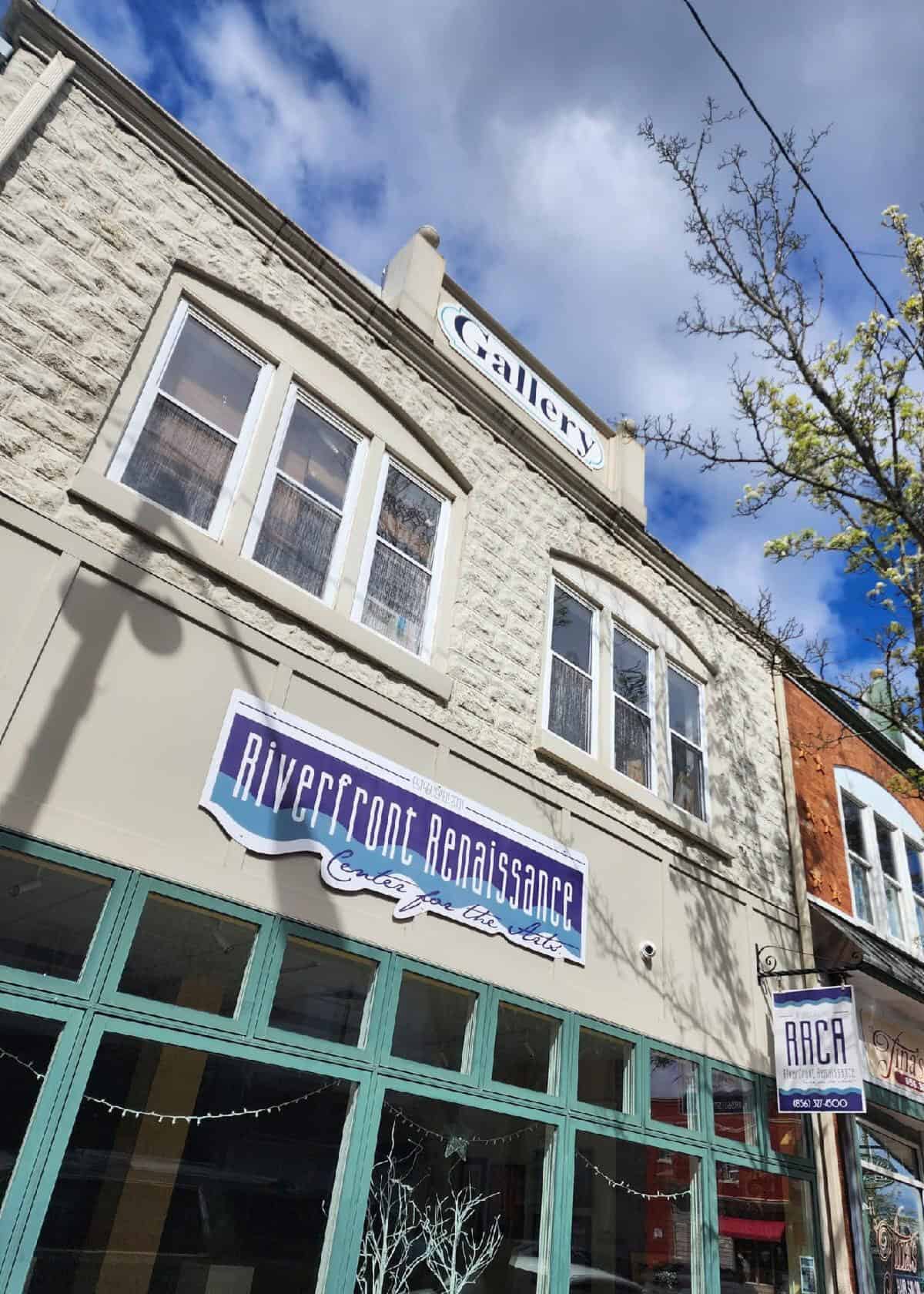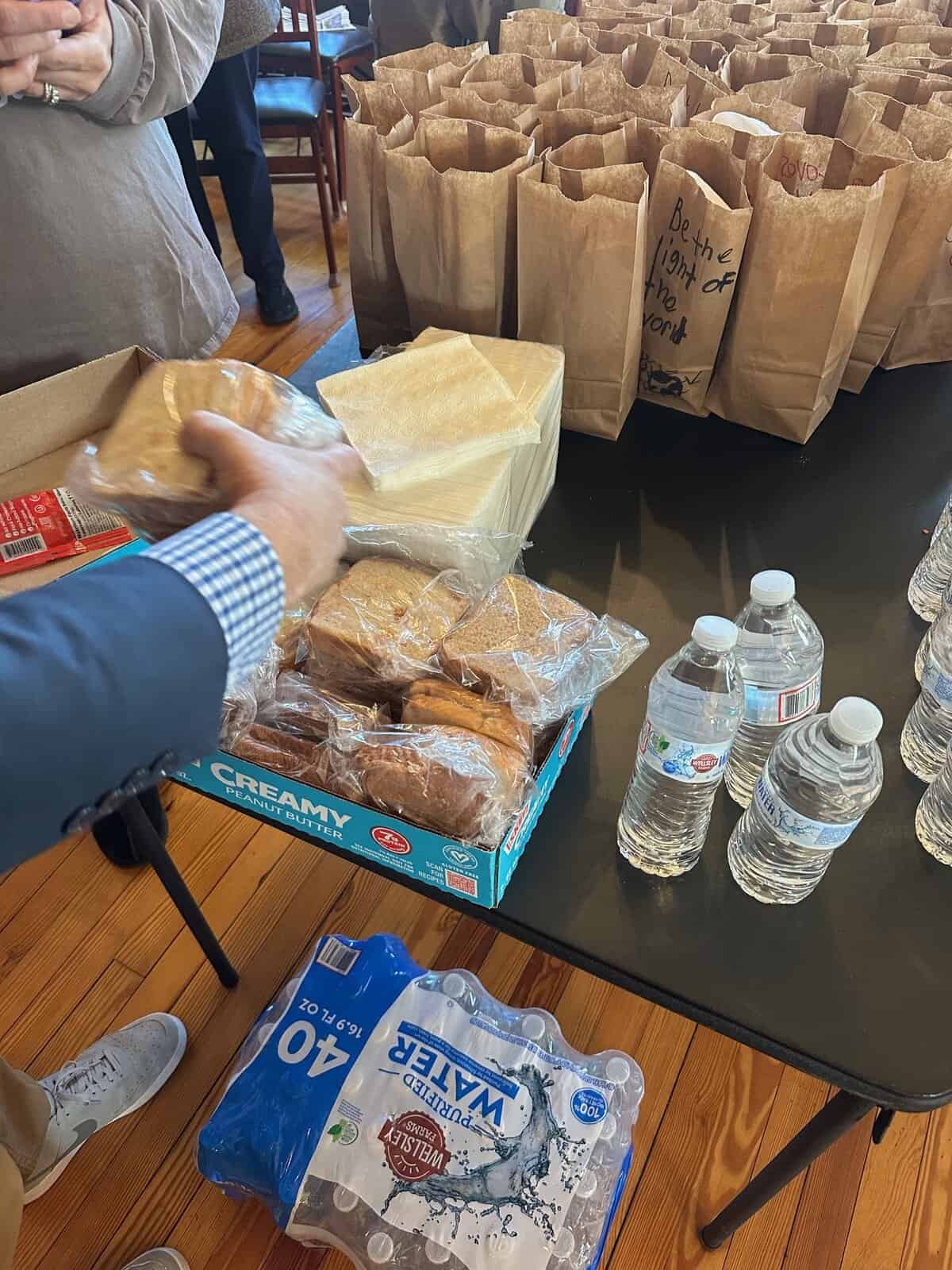On the Water


The Coast Guard was busy up and down the East Coast last week with the flooding and other water emergencies related to Hurricane Dorian. Even under normal weather conditions, going out on the water can be dangerous, especially if you don’t have the right equipment. If you do find yourself in trouble, being able to communicate that you need help can be a lifesaver—literally!
Here are the top five items the Coast Guard recommends you take with you on your boat so you can call for help if needed.
1. VHF-FM marine radio: It’s the most versatile piece of comms equipment you can have. If you find yourself in distress, calling for help on the radio not only alerts the Coast Guard, but it also alerts all other vessels in your surrounding area who may be able to assist you. If you find yourself in distress, calling for help on the radio not only alerts the Coast Guard, but it also alerts all other vessels in your surrounding area who may be able to assist you. In addition to being able to call for help, it also allows you to receive important weather information, safety updates, and call bridges to request openings.

2. Emergency Position Indicating Radio Beacon: They let us know where you are via satellite. Emergency Position Indicating Radio Beacons can also tell the Coast Guard who the beacon is registered to and how to contact you.
3. Air horn, whistle, or other approved sound-producing device: Sound-producing devices work for day and night emergencies. The good thing about sound distress signals is that they’re good during any time of the day. Just like on a car or bicycle, boaters should always carry a sound signal to get the attention of other people on the area.
4. Visual distress signals: To pyro or not to pyro? Nine of the 16 internationally recognized distress signals are visual distress signals. Three are three pyrotechnic distress signals, and the other six are non-pyrotechnics. While visual distress signals can be extremely helpful when operating in a well-populated area, they should not be relied on as your only method of communicating distress. If you need to use a pyrotechnic distress signal, be sure to point the pyrotechnics in a safe direction, away from yourself and other people.
5. Cell phone: Not a primary, but a good back-up. While not reliable enough to be used on its own as an on-water communication device, it’s a good back-up in case your radio isn’t functional, you don’t have a radio, or you don’t know how to use one. The Coast Guard recommends mariners download the official Coast Guard Boating Safety App. One of the many features of the app allows mariners to place an emergency call to the U.S. Coast Guard or 911, and provides you with your current location to provide to emergency personnel over the phone.
A Coast Guard member displays the home screen of the Coast Guard boating safety app on Aug. 9, 2019, in Portsmouth, Virginia. The Coast Guard app is available for free on every app store, and one feature of the app allows mariners to place an emergency call to the U.S. Coast Guard or 911 while providing the user with their current latitude and longitude to provide to emergency personnel over the phone. (U.S. Coast Guard photo by Petty Officer 3rd Class Shannon Kearney)








